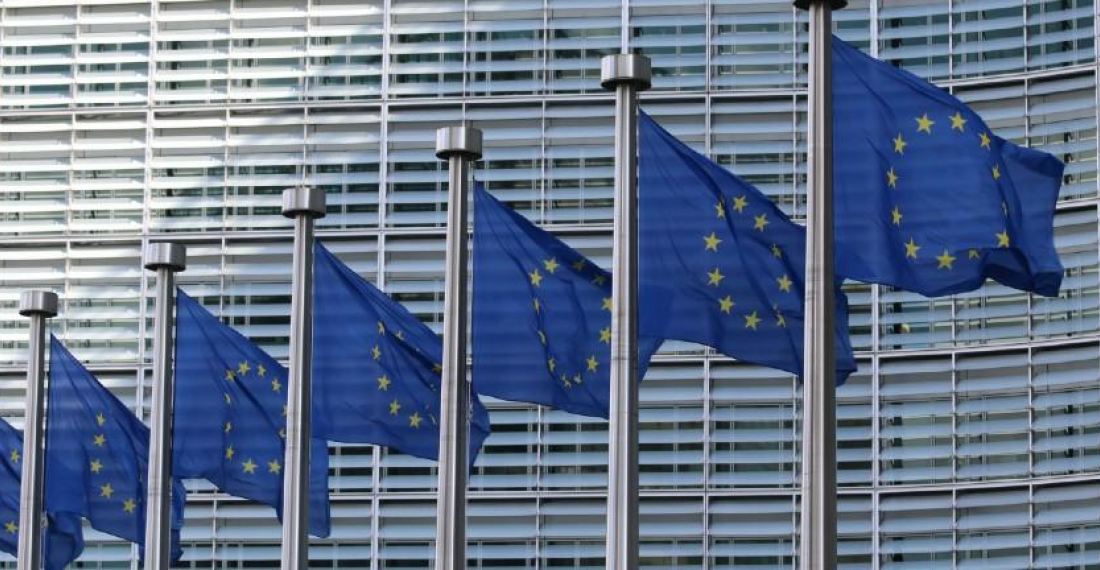The European Council approved on Tuesday (7 May) conclusions on the 2023 annual report on the implementation of the European Union’s External Action Instruments in 2022. It commends the steps taken by the EU in the current challenging geopolitical context, marked by Russia’s war of aggression against Ukraine, conflict in the Middle East and the effects of the COVID-19 pandemic, among others.
The Council welcomes the report’s emphasis on the key support provided by the EU to Ukraine and neighbouring countries affected by Russia’s war of aggression, as well as efforts to address the regional and global consequences and its impact on the most vulnerable groups, in particular with regard to food and energy security.
In this context, the Council encourages the Commission to continue highlighting the EU’s support to tackle global challenges. It underlines the necessity to continue working towards an integrated and coherent EU response to external crises and conflicts, including through the EU’s external action instruments. Preventing conflict through timely analysis and early action, supporting peace mediation and dialogue, building peace and resilience, and forging international and regional partnerships in the area of peace, security and defence are key aspects in this regard.






